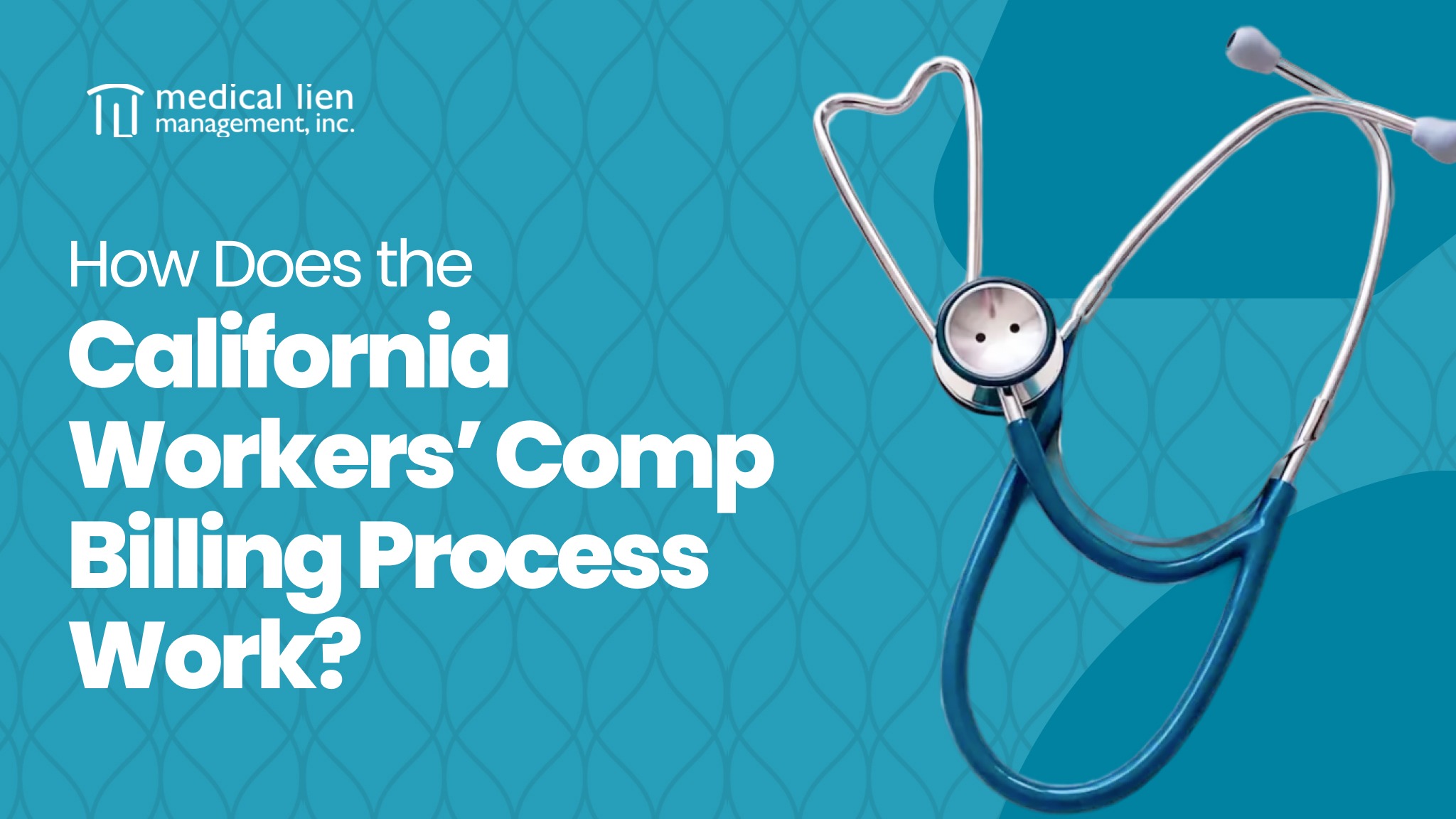In the landscape of California workers’ compensation, proper verification is the foundation of successful revenue cycle management. Before any treatment begins, medical providers must confirm the legitimacy and status of a patient’s claim. This includes validating the claim number, approved body parts, insurer details, Medical Provider Network (MPN) participation, and authorization requirements. Unfortunately, many providers overlook this crucial step, resulting in costly billing errors and claim denials.
Verification is more than administrative due diligence—it directly affects a provider’s ability to get paid. A 2022 report by the California Workers’ Compensation Institute (CWCI) found that nearly 35% of billing disputes stem from issues tied to incorrect or incomplete verification at the beginning of care (CWCI, 2022). These errors often lead to underpayments, outright denials, or non-compensable treatment, impacting practice revenue and operational flow.
The Real-World Impact of Missed Verification
One example comes from a multi-specialty pain clinic in Riverside County. Over several quarters, the clinic saw a steady decline in collections and an increase in denied claims. Upon review, it became clear that patients were being treated without proper claim verification. In multiple cases, the provider was not part of the approved MPN, or the treatment was rendered for non-accepted body parts. Worse, some claims had already been denied before treatment began, but care was still provided under the assumption they were active.
This lack of a structured verification process caused over $200,000 in billing to be either delayed indefinitely or denied entirely. By the time the clinic identified the problem, many of the claims had already passed critical appeal deadlines, including the 90-day Second Bill Review (SBR) window. The result was a significant financial setback and a growing backlog of unresolved claims.
How MLM Resolved the Issue
Medical Lien Management (MLM) was brought in to assess the situation and take corrective action. Our first step was to perform a full audit of active and pending claims. We implemented a standardized verification protocol, ensuring that all new cases were reviewed for claim validity, MPN status, and utilization review (UR) requirements before treatment or billing took place.
Our team contacted adjusters directly to confirm claim numbers, accepted injuries, and employer insurance coverage. We verified MPN affiliations and, where necessary, obtained written documentation confirming whether the provider was in-network. For past denied claims, we reviewed the rejection reasons and initiated SBRs where deadlines were still open. In several instances, we escalated unresolved disputes to Independent Bill Review (IBR) through Maximus and received favorable outcomes.
In parallel, MLM’s certified coding and billing team corrected documentation and ensured that all future submissions aligned with the California Official Medical Fee Schedule (OMFS). Within four months, the clinic recovered over $130,000 in previously delayed or denied payments. Perhaps more importantly, the new verification workflow drastically reduced future billing errors and stabilized the clinic’s monthly cash flow.
Why Verification Matters More Than Ever
Verification serves as the gatekeeper of proper billing. With evolving compliance requirements, stricter audit environments, and increased payer scrutiny, medical providers cannot afford to treat workers’ compensation verification as a back-office task.
Verifying claim information ensures that treatment is rendered under a valid, accepted claim. It prevents providers from delivering care outside of approved parameters or to patients whose claims have already been denied. This is especially critical in California, where MPN restrictions are enforced and non-network providers may not be reimbursed. According to the Division of Workers’ Compensation (DWC), disputes related to MPN eligibility are among the top five reasons for claim denials (California DWC Annual Report, 2021).
In addition, accurate verification confirms whether pre-authorization is required, based on UR guidelines. Failure to obtain timely approval often results in non-payment, regardless of the medical necessity of the treatment. It also improves billing efficiency—when the payer’s contact details, billing format, and authorizations are correct from the start, clean claims are submitted faster and reimbursement follows more reliably.
Verification also serves as a vital layer of legal protection. In the event of a dispute, documentation showing that a provider followed proper verification and authorization procedures strengthens the case and supports recovery efforts through SBR or IBR channels.
How MLM Helps Providers Improve Verification and Collections
At Medical Lien Management, verification is not a separate task—it’s an integrated part of our full-service workers’ comp solution. We understand the cost of missed details and work proactively to ensure each patient file is thoroughly vetted before any billing or treatment decisions are made.
Our team manages everything from claim validation and MPN checks to authorization tracking and coding review. We stay current on regulatory changes, UR timelines, and OMFS updates, allowing us to guide providers through every step of the revenue cycle.
Data from client engagements shows that practices working with MLM reduce claim denials by up to 40%, and experience an average revenue improvement of 25–35% within six months. These internal benchmarks align closely with national trends—studies from the Healthcare Financial Management Association (HFMA) show that proactive verification can reduce administrative rework by over 30% and improve collection outcomes significantly (HFMA Revenue Cycle Best Practices, 2020).
Final Thoughts
Workers’ comp verification is too important to overlook. When done correctly, it safeguards your revenue, minimizes disputes, and keeps your collections cycle running smoothly. When done poorly—or not at all—it opens the door to denials, delays, and lost income.
If your practice is dealing with verification issues, repeated denials, or billing backlogs, Medical Lien Management can help. Contact us today to learn more about our end-to-end workers’ compensation services and how we can support your practice.





